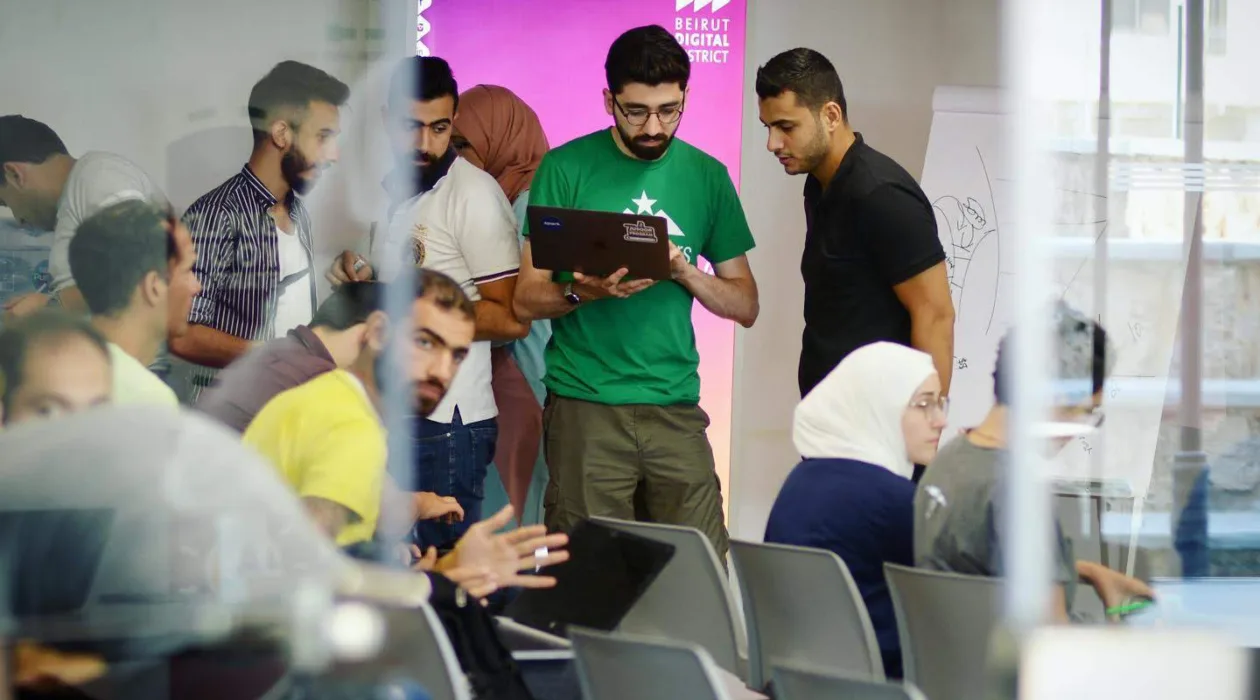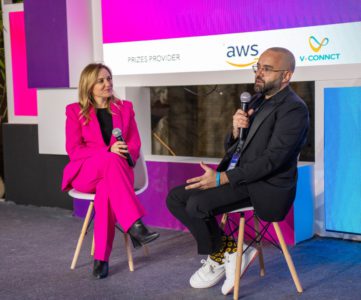“Working with tech startups was a turning point for me; I went from being a former refugee with many fears to a contributor to the people around me, especially after I went back to my homeland to assist local entrepreneurs to grow their ventures.” In a candid account of his journey empowering startups, Anas Al-Chalabi shares 10 lessons for startups in the Middle East.
By Anas Al-Chalabi
In the past year, I worked on investment programs to launch and grow tech startups in the Middle East with founders from 10 Arab states. It’s a journey that no business education nor any book can prepare you for. It was a turning point for me; I went from being a former refugee with many fears to a contributor to the people around me, especially after I went back to my homeland for the first time in 13 years to assist local entrepreneurs to grow their ventures. Below are some of my takeaways from launching and growing businesses in our region.
1. It’s always the right time to start a business
The pros of launching a startup or investing in one “if done correctly” outweigh the cons in an Emerging Market (EM), such as the Middle East; despite their volatility, the highest ROI can be found in the fastest-growing EM. Whether you’re an investor or an entrepreneur, there are many reasons to invest in Emerging Markets, and it’s getting easier with time.
“The Middle Eastern consumer is unapologetically loyal to brands that deliver. So if your company can meet the needs of Arab consumers, you’ll have some of the highest Customer Lifetime Value (CLV).”
The Middle Eastern consumer is unapologetically loyal to brands that deliver. It’s very common for families to own several products from the same brand for decades, so if your company can meet the needs of Arab consumers, you’ll have some of the highest Customer Lifetime Value (CLV) and lowest Churn Rate in your business.
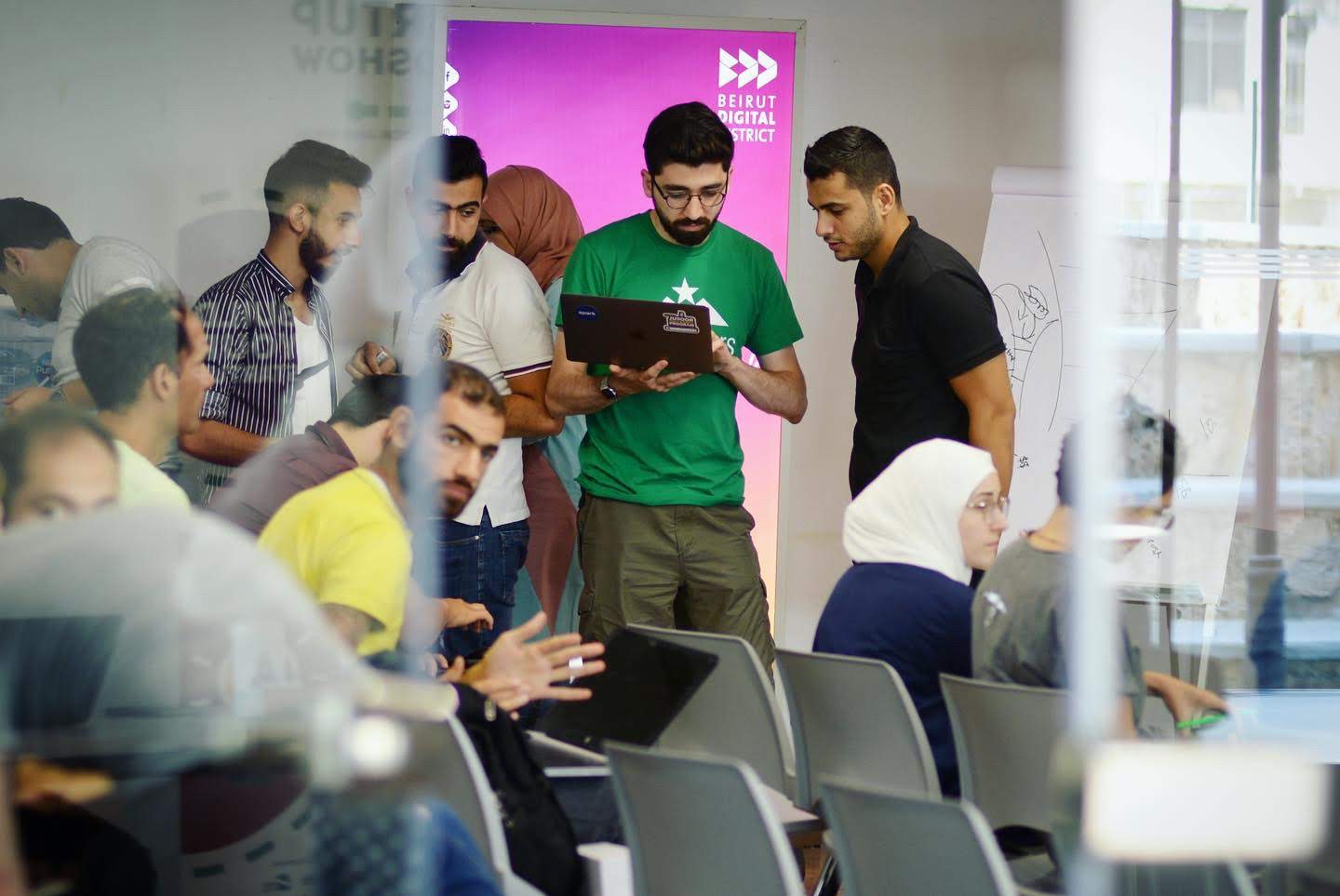
Anas Al-Chalabi mentoring startups at the Startup Roadshow, organized by Jusoor and SPARK.
2. The two Middle Easts
Startups find themselves in a PR and marketing conundrum from day one, not realizing that there’s not one—but two completely different markets. The bureaucratic nightmare of registration and state-run corporates that are still discussing whether or not they should upgrade to Windows 95, and the second market, which is a young Millennial population and small businesses that have an opposite business culture.
Startups need to be aware of how to tackle the two groups in relation to their business model, brand. Marketing managers also need to be mindful of how to position their brand identity in a way that reflects their customer’s culture and values. And hopefully, one day, we’ll see government officials in the same room as a startup founder with dozens of stickers on their laptops.
“There’s not one, but two completely different markets: the bureaucratic nightmare of registration and state-run corporates that are still discussing whether or not they should upgrade to Windows 95, and the second market, which is the young Millennial population.”
3. No Startup is an Island.
‘No Man is an Island’ and nor are startups. If you are a baggage tracking startup that wishes to work in an airport, you might find yourself working with airline corporations, security agencies, border control police, and construction companies to build the airport (AKA the market), and that’s where organizational specialization comes in handy, working together for a common cause. That’s how most post-conflict economies manage to rise from the ashes, and that’s the only way we can do the same.
4. Hey Siri, give me directions to Startup Beach
If you want to go from your house to the beach of “Successful Startups” you have to drive through the valley of failure, and then take a detour to the town of self-doubt, and then eventually merge into the highway of not knowing what you’re doing, (right next to the running out of money Mall), and then you’ll probably find yourself stopping at the lack of motivation gas station.
Everybody has to go through that gas station, but make sure you don’t spend a lot of time there. And even though the Maps App says that the journey will take a few months, they’re not calculating the construction on the road and the couple of flat tires you’ll probably have on the way. Some people will probably leave their car in the middle of the road, but you’ll pick up some interesting individuals on the way there. It’s crucial to understand that the journey might take a few years and that you should embrace the difficulties since they’ll make you a better entrepreneur.

Anas Al-Chalabi gives a speech at the Startup Roadshow investor dinner, alongside Jusoor’s Executive Director, Grace Atkinson.
5. Nice Startup, it would be a shame if something happened to it
One of the unspoken rules of business in the Middle East is having to account for the elephant in the room, and that is the many criminal and shady organizations that have monopolies on several markets in each country. Shakedowns of small businesses, bribery, forcing to report earnings to local militias. The more I traveled, the more I witnessed this issue, even in countries that are democratically-led and politically stable.
“One of the unspoken rules of business in the Middle East is having to account for the elephant in the room: the criminal and shady organizations that have monopolies on several markets in each country.”
In certain circumstances, starting your own business could mean risking your safety. This is still a sensitive topic that not many people want to bring up. That’s one of the main reasons why Middle Eastern countries ranked low globally when it comes to the World Bank’s Ease of doing business index.
6. You raised funds, Mabrook! Is that all you need?
The lack of access to funding is still one of the main challenges startups are facing early-on. Yet, on the other hand, many of the investment funds, VCs, and financial institutions struggle when it comes to finding the right startups to invest in. We’re seeing several financial organizations innovating and diversifying their services to not only financial but technical assistants as well. New concepts like VC2.0 and Smart Money are no longer a nice thing to have, but it’s a necessity in the Middle East competitive market.
Startups in the Middle East are also having a difficult time overcoming local hurdles like registration, taxation, lack of data, and corporate relations. That’s where the investors can shine, acting as a fixer to the startups.
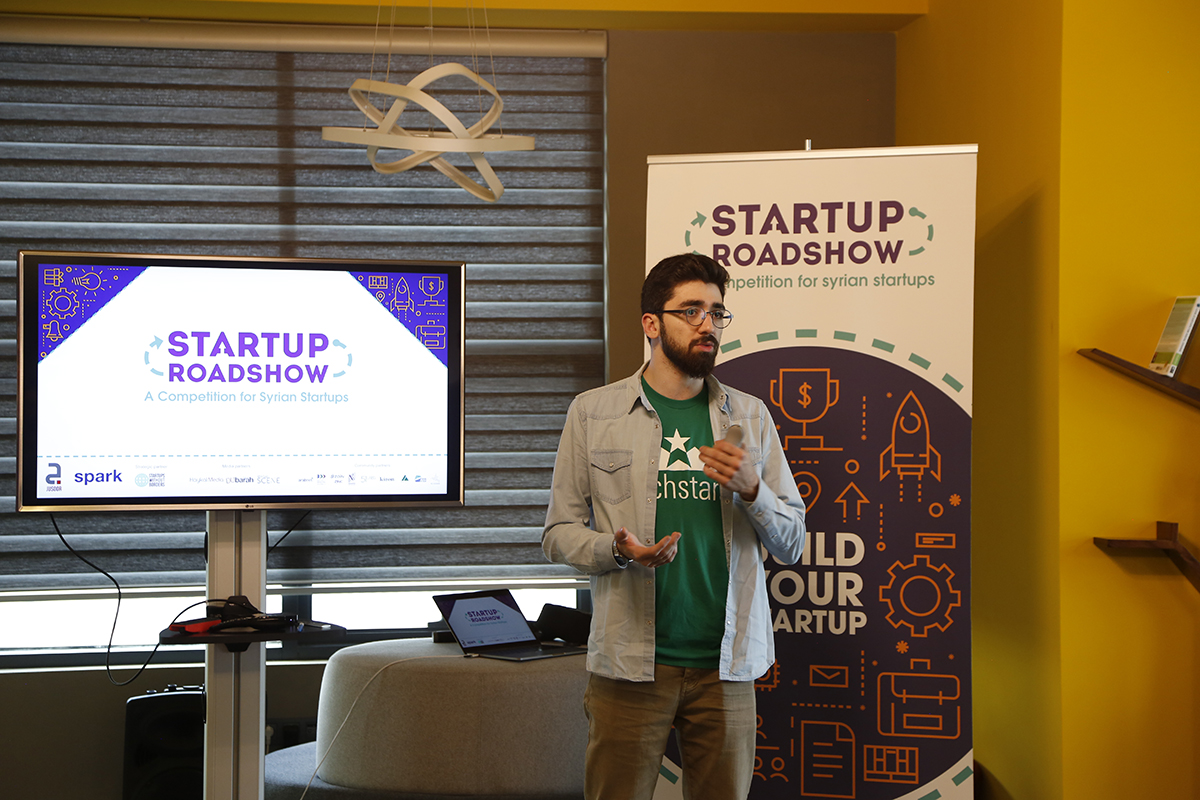
7. There’s no such thing as companies, only people
We sometimes forget that there’s no such thing as a company; it’s a human-made concept to describe a group of people coming together to solve a problem. That’s why our approach needs to be Human-Centric, to reflect on the founder’s ability to deliver what they promised. The number one factor in any startup success is the quality of the team behind it. Investors will pick a high-quality team with an okay-ish business model over an under-qualified team with a fantastic business model any day of the week.
Understanding what lies ahead of us as entrepreneurs and working towards filling the gaps in our knowledge and skills to better fit our role is an integral element of our business success. Staff development and two-way performance reviews should be embedded in the culture of the startup in order to have a unique team with a unique set of skills that can quickly create, test, and deploy products and services to the market before the competition.
8. No Template to rule them all
While the Middle East shared identity and culture can be seen across borders, the business environment in each state has little to do with its neighbors, There is no framework to conduct business across the Middle East through one central hub, so startups find themself caught up in the international trade laws and lengthy procedures if they want to export a product or a service to a neighboring country.
The volatility of business law in each country is very challenging for startups to expand their markets regionally, Startups need to learn the rules like a master, so they can break them like an artist. Business lawyers have a considerable role in supporting the founders and investors in this matter. Ironically the more unstable and chaotic a particular country is, the easier it is to get things done (to wing it).
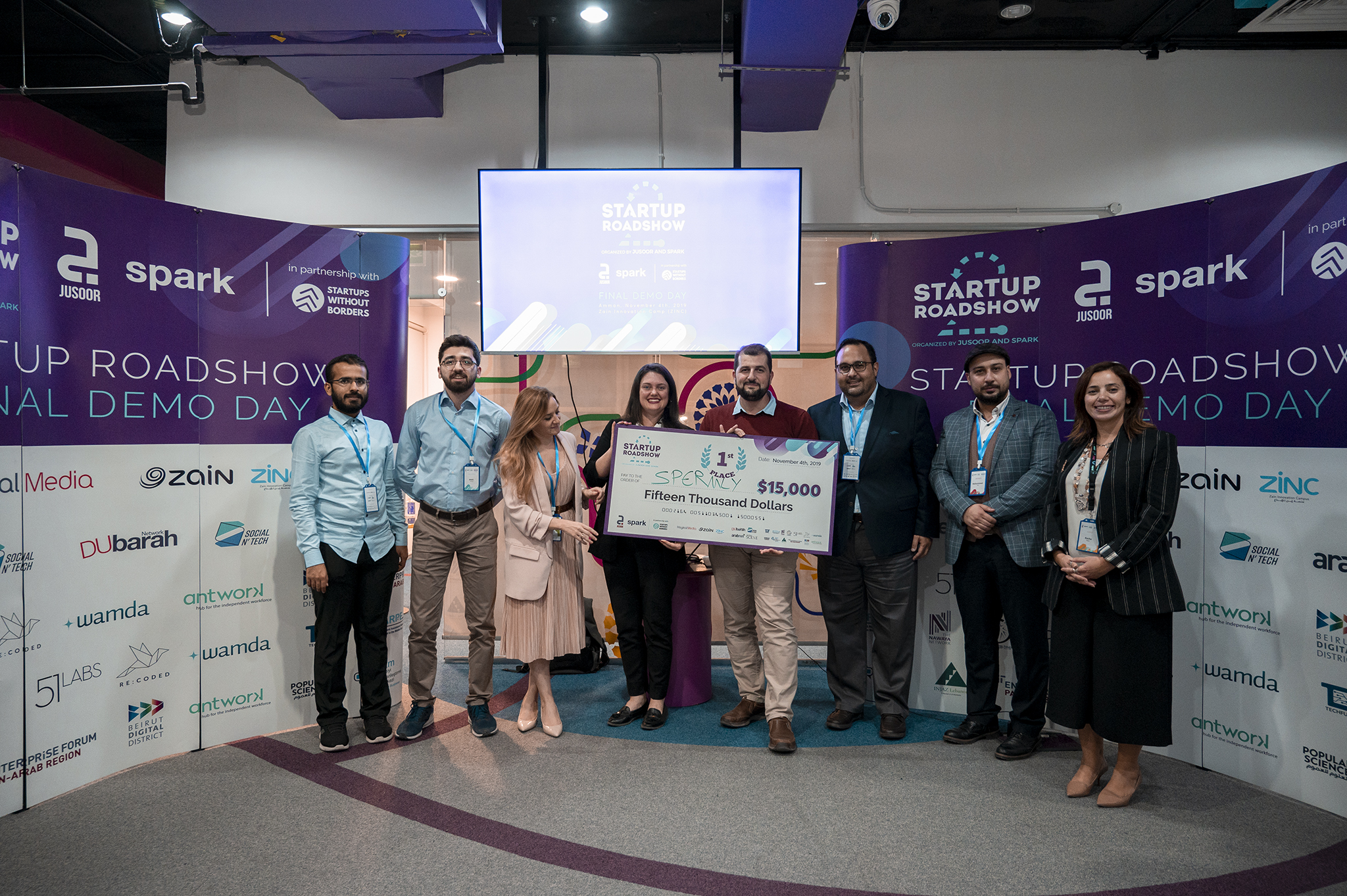
9. Starting a business is the ultimate act of self-liberation
Arab founders don’t start businesses for financial gains only but to claim their place in the universe. To pursue a goal bigger than themselves, to take back the freedom of determining your self-worth from society back to your own hands. We can see this clearly in refugee-led startups, who sometimes have to leave everything behind and restart both their careers and their personal lives. Founders across the region are creating small empires “startups” and taking their personal agency into their own hands. Once we’re aware of this concept, our approach with startups will be much more closer to reality.
10. Big things have small beginnings
Most of us want our startups to change the world and be the talk of the day, but both startups and VCs need to see the value in starting small.Then the rest of the country/world? There’s a tremendous value in being small and quick before being big and slow. Ask yourself, can my startup idea be validated first by applying it as a small project? And if you are an established startup, should you pivot your business all at once, or can you roll it out in one location first? That’s where the value of startup hackathons like Startup Weekend comes in; it gives us an environment to test and prototype products and services quickly and rapidly and generate many insights and learnings, as the famous Japanese proverb says; Measure Twice, Cut Once.
Conclusion
Learning by doing seems to be the only type of learning in our industry. Despite all the difficulties, thousands of startups are created every year across the Middle East, and one way or another, they overcome some – if not all the hurdles and generate value to everyone involved. It’s scary, and it will probably take us a few attempts to get it right, but if everything seems under control, we’re just not going fast enough.

